|
For many Canadians, the war in Ukraine can feel very distant. While there has been a proliferation of Ukranian flags being flown here since the Russian invasion began in February, the conflict has faded in and out of Canadian newscasts and front pages over the last several months. All that changed this week when Russian President Vladimir Putin announced a “mobilization” of troops to deal with Ukraine’s sudden and unexpected advances in reclaiming territory previously occupied by the Russians. And at the same time, Putin made subtle references to potential nuclear options by saying “we will use all the means at our disposal to defend Russia and our people – this is not a bluff.”
What’s actually happening in Ukraine is difficult to understand from afar. But the global network of The Conversation has published some excellent explanatory articles and analyses over the last week that can give you a deeper knowledge of the situation in Ukraine. I’ve assembled some of the best of those pieces for your weekend reading.
There are also two new podcasts to take in over the weekend. Don’t Call Me Resilient, the anti-racism podcast produced by The Conversation Canada, released a special episode that looks at the way we mourn and who we mourn. The Conversation Weekly’s episode digs deep into the implications of the melting of the Thwaites Glacier in Antarctica. Both of these episodes are provocative and may cause you to think differently about important aspects of our world.
As we head into the weekend, our thoughts are with all of our friends in Atlantic Canada as they deal with Hurricane Fiona.
|
Weekend Reads: The latest on the Ukraine war
|
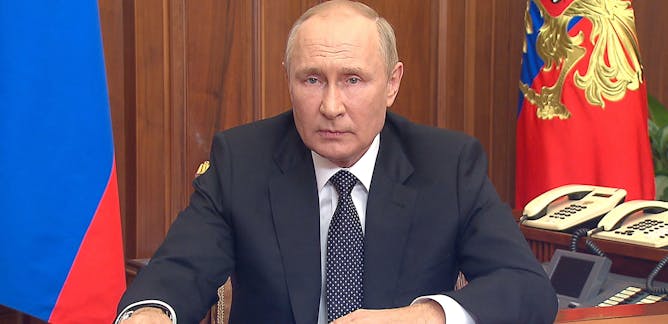
Jonathan Este, The Conversation
Some of the key articles from our coverage of the war in Ukraine over the past week.
| |
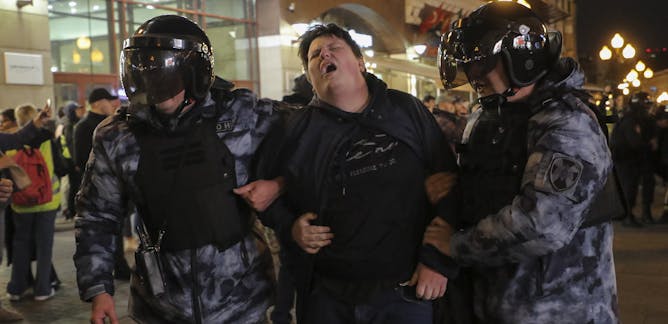
Basil Germond, Lancaster University
Russia’s rigid military structure and inflexible strategic thinking could well be its Achilles heel in Ukraine.
|
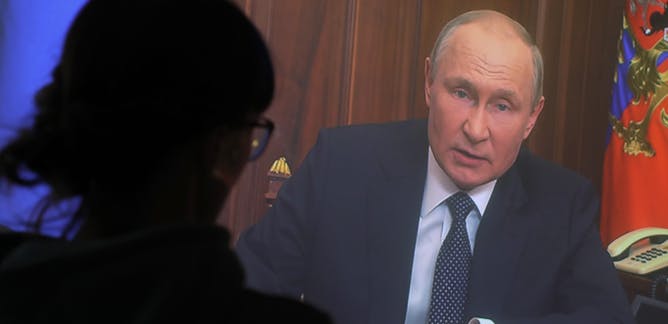
Stefan Wolff, University of Birmingham; Tatyana Malyarenko, National University Odesa Law Academy
Vladimir Putin’s televised address to the Russian people is a desperate attempt to raise the stakes over the war in Ukraine.
| |
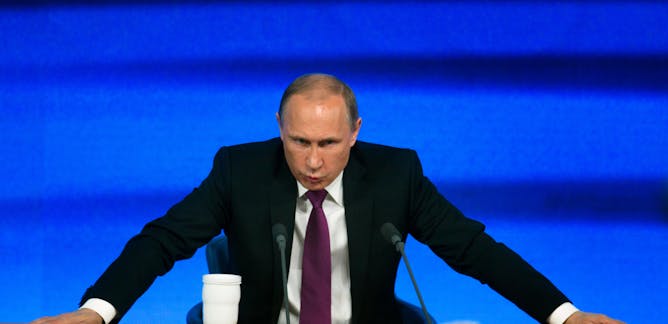
Robert M. Dover, University of Hull
The west needs to understand the messages coming from Russia, not ignore them.
|
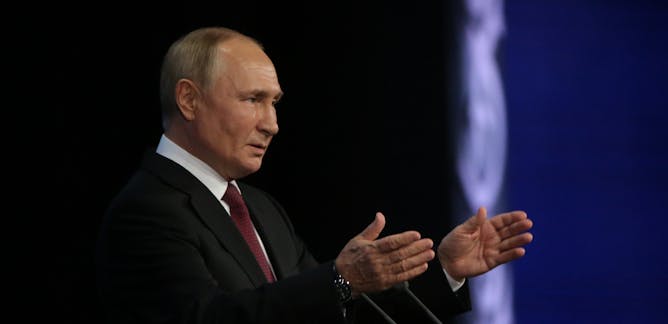
Alexander Gillespie, University of Waikato
Despite the rhetoric and condemnation from UN leaders gathered in New York, Russian plans to annex eastern parts of Ukraine cannot be stopped. What could happen next?
| |
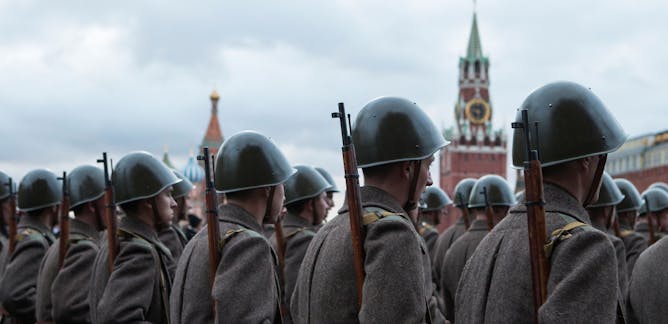
Christopher Morris, University of Portsmouth
Russian reservists are now being conscripted after president Putin announced changes to his military plans.
|
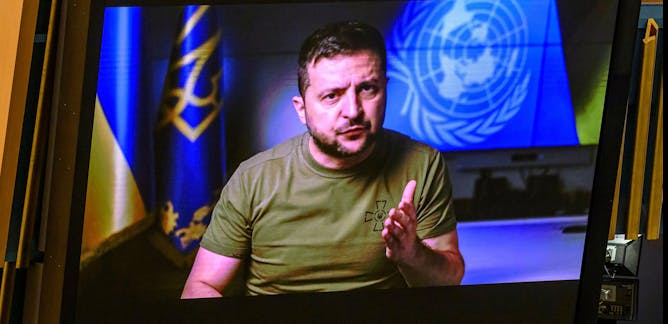
Farsan Ghassim, University of Oxford
Reform of the UN to make it more inclusive and accountable is long overdue, the two leaders have said.
| |

Jennifer Grygiel, Syracuse University
Russian government media are frequently criticized as being blatant propaganda. How do US government media measure up?
|
|
|
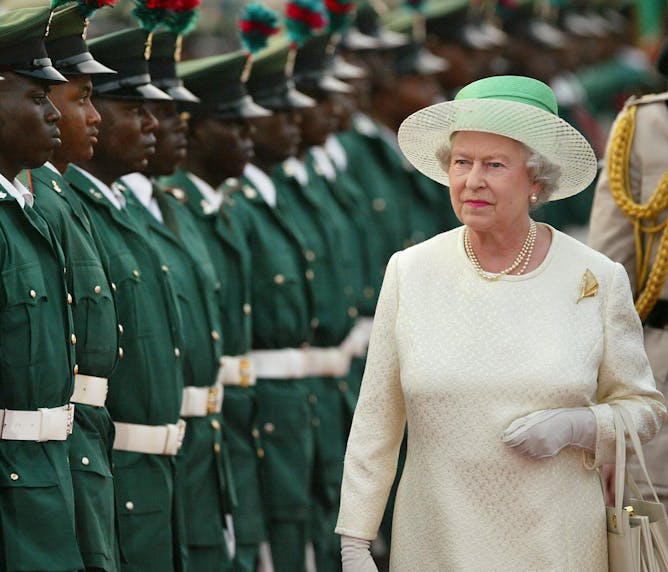
Vinita Srivastava, The Conversation
In the middle of the tremendous outpouring of love and grief for the Queen and the monarchy she represented, not everyone wants to take a moment of silence. And there are a lot of reasons why.
|
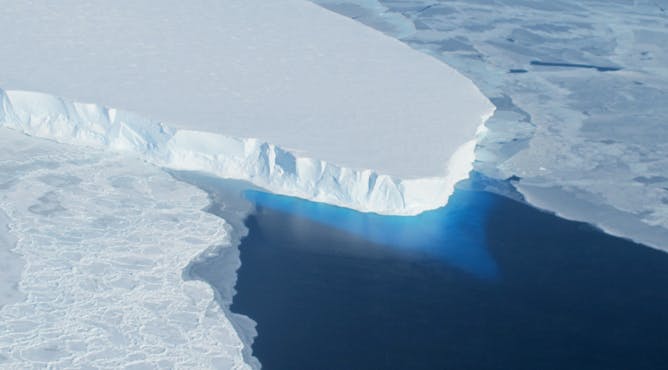
Daniel Merino, The Conversation; Gemma Ware, The Conversation
If and when the Thwaites Glacier melts, it will result in nearly 0.6 metres of sea level rise, but it holds back another three metres of sea level rise lurking within the Antarctic continent. Listen to The Conversation Weekly podcast.
|